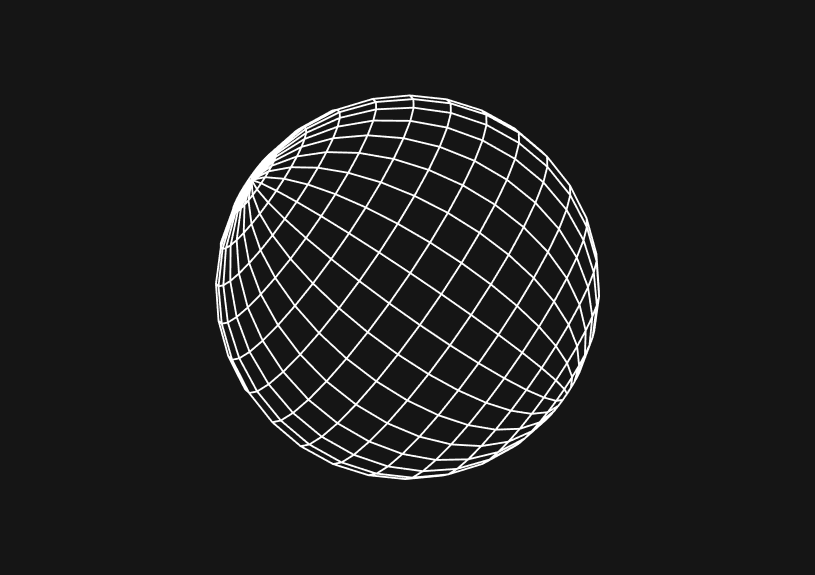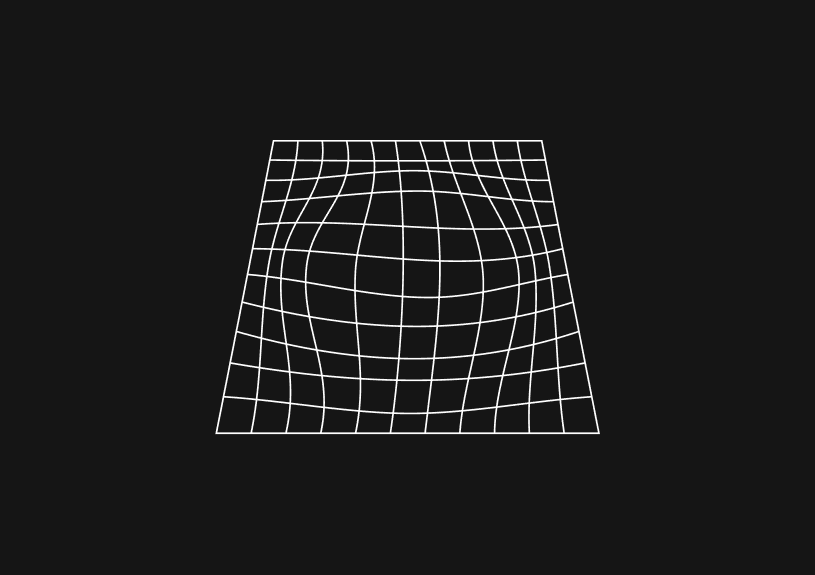
Understanding isObject in JavaScript
November 8, 2023
In JavaScript, determining whether a value is an object is a common task that can be confusing due to the language's type system. The isObject utility helps to clarify this by providing a robust way to check if a value is an object type, excluding null.
What is isObject in JavaScript?
The isObject function in JavaScript is not built-in but is a common utility implemented by developers to check if a given value is of the type object. This is crucial because in JavaScript, functions, arrays, and even null are considered objects.
How to Implement isObject
To create an isObject utility, one must understand that JavaScript's typeof operator considers anything that's not a primitive type (string, number, boolean, undefined, symbol, BigInt) as an object. Here's a simple implementation:
function isObject(value) { return value !== null && typeof value === 'object'; }
Usage of isObject
When using isObject, you can pass any value to it to check if that value is an object:
const data = { key: 'value' }; console.log(isObject(data)); // true
You could ship faster.
Imagine the time you'd save if you never had to build another internal tool, write a SQL report, or manage another admin panel again. Basedash is built by internal tool builders, for internal tool builders. Our mission is to change the way developers work, so you can focus on building your product.

Handling Special Cases
JavaScript has some quirks where certain values are considered objects. For instance, null is considered an object when using typeof. Our isObject function correctly identifies null as not an object.
Arrays and Functions
Arrays and functions are technically objects in JavaScript. If you want isObject to return false for these types, you'll need to modify the implementation:
function isObject(value) { return value !== null && typeof value === 'object' && !Array.isArray(value) && typeof value !== 'function'; }
isObject with Constructor Functions
It's important to remember that objects created through constructor functions are also objects:
function Person(name) { this.name = name; } const person = new Person('Alice'); console.log(isObject(person)); // true
Considerations for isObject
While isObject can check for object types, remember that it doesn't differentiate between plain objects and object instances created from classes or constructor functions. Use instanceof if you need to distinguish between instances and plain objects.
TOC
November 8, 2023
In JavaScript, determining whether a value is an object is a common task that can be confusing due to the language's type system. The isObject utility helps to clarify this by providing a robust way to check if a value is an object type, excluding null.
What is isObject in JavaScript?
The isObject function in JavaScript is not built-in but is a common utility implemented by developers to check if a given value is of the type object. This is crucial because in JavaScript, functions, arrays, and even null are considered objects.
How to Implement isObject
To create an isObject utility, one must understand that JavaScript's typeof operator considers anything that's not a primitive type (string, number, boolean, undefined, symbol, BigInt) as an object. Here's a simple implementation:
function isObject(value) { return value !== null && typeof value === 'object'; }
Usage of isObject
When using isObject, you can pass any value to it to check if that value is an object:
const data = { key: 'value' }; console.log(isObject(data)); // true
You could ship faster.
Imagine the time you'd save if you never had to build another internal tool, write a SQL report, or manage another admin panel again. Basedash is built by internal tool builders, for internal tool builders. Our mission is to change the way developers work, so you can focus on building your product.

Handling Special Cases
JavaScript has some quirks where certain values are considered objects. For instance, null is considered an object when using typeof. Our isObject function correctly identifies null as not an object.
Arrays and Functions
Arrays and functions are technically objects in JavaScript. If you want isObject to return false for these types, you'll need to modify the implementation:
function isObject(value) { return value !== null && typeof value === 'object' && !Array.isArray(value) && typeof value !== 'function'; }
isObject with Constructor Functions
It's important to remember that objects created through constructor functions are also objects:
function Person(name) { this.name = name; } const person = new Person('Alice'); console.log(isObject(person)); // true
Considerations for isObject
While isObject can check for object types, remember that it doesn't differentiate between plain objects and object instances created from classes or constructor functions. Use instanceof if you need to distinguish between instances and plain objects.
November 8, 2023
In JavaScript, determining whether a value is an object is a common task that can be confusing due to the language's type system. The isObject utility helps to clarify this by providing a robust way to check if a value is an object type, excluding null.
What is isObject in JavaScript?
The isObject function in JavaScript is not built-in but is a common utility implemented by developers to check if a given value is of the type object. This is crucial because in JavaScript, functions, arrays, and even null are considered objects.
How to Implement isObject
To create an isObject utility, one must understand that JavaScript's typeof operator considers anything that's not a primitive type (string, number, boolean, undefined, symbol, BigInt) as an object. Here's a simple implementation:
function isObject(value) { return value !== null && typeof value === 'object'; }
Usage of isObject
When using isObject, you can pass any value to it to check if that value is an object:
const data = { key: 'value' }; console.log(isObject(data)); // true
You could ship faster.
Imagine the time you'd save if you never had to build another internal tool, write a SQL report, or manage another admin panel again. Basedash is built by internal tool builders, for internal tool builders. Our mission is to change the way developers work, so you can focus on building your product.

Handling Special Cases
JavaScript has some quirks where certain values are considered objects. For instance, null is considered an object when using typeof. Our isObject function correctly identifies null as not an object.
Arrays and Functions
Arrays and functions are technically objects in JavaScript. If you want isObject to return false for these types, you'll need to modify the implementation:
function isObject(value) { return value !== null && typeof value === 'object' && !Array.isArray(value) && typeof value !== 'function'; }
isObject with Constructor Functions
It's important to remember that objects created through constructor functions are also objects:
function Person(name) { this.name = name; } const person = new Person('Alice'); console.log(isObject(person)); // true
Considerations for isObject
While isObject can check for object types, remember that it doesn't differentiate between plain objects and object instances created from classes or constructor functions. Use instanceof if you need to distinguish between instances and plain objects.
What is Basedash?
What is Basedash?
What is Basedash?
Ship faster, worry less with Basedash
Ship faster, worry less with Basedash
Ship faster, worry less with Basedash
You're busy enough with product work to be weighed down building, maintaining, scoping and developing internal apps and admin panels. Forget all of that, and give your team the admin panel that you don't have to build. Launch in less time than it takes to run a standup.
You're busy enough with product work to be weighed down building, maintaining, scoping and developing internal apps and admin panels. Forget all of that, and give your team the admin panel that you don't have to build. Launch in less time than it takes to run a standup.
You're busy enough with product work to be weighed down building, maintaining, scoping and developing internal apps and admin panels. Forget all of that, and give your team the admin panel that you don't have to build. Launch in less time than it takes to run a standup.




Dashboards and charts
Edit data, create records, oversee how your product is running without the need to build or manage custom software.
USER CRM
ADMIN PANEL
SQL COMPOSER WITH AI

Related posts
Related posts
Related posts



How to Remove Characters from a String in JavaScript
Jeremy Sarchet



How to Sort Strings in JavaScript
Max Musing



How to Remove Spaces from a String in JavaScript
Jeremy Sarchet



Detecting Prime Numbers in JavaScript
Robert Cooper



How to Parse Boolean Values in JavaScript
Max Musing



How to Remove a Substring from a String in JavaScript
Robert Cooper
